In the ever-evolving world of recycling and waste management, innovation continues to play a pivotal role in optimizing processes and minimizing environmental impact. The scrap iron sorting process, a fundamental step in metal recycling, has witnessed a remarkable transformation with the introduction of Excavator Rotating Grabs. These advanced tools have revolutionized the way scrap iron is handled, offering a range of benefits that enhance efficiency, safety, and overall sustainability.
Enhanced Efficiency in Scrap Iron Sorting
The traditional method of manual sorting in scrap yards is not only labor-intensive but also time-consuming. Excavator Rotating Grabs have emerged as a game-changer, dramatically improving the efficiency of the sorting process. Equipped with hydraulic systems, these grabs enable excavator operators to swiftly pick up, rotate, and position various sizes of scrap iron with precision. This streamlined workflow reduces sorting time, allowing for faster material processing and higher throughput.
Versatility and Adaptability
One of the key advantages of Excavator Rotating Grabs is their versatility and adaptability. These attachments are designed to handle a wide range of scrap iron materials, from smaller pieces to larger bulky items. This adaptability eliminates the need for multiple specialized tools, simplifying the equipment inventory in scrapyards. Additionally, the rotating feature of the grab allows operators to access scrap iron from various angles, ensuring a thorough and efficient sorting process.
Improved Safety for Operators
Safety is paramount in any industrial setting, and scrap yards are no exception. The use of Excavator Rotating Grabs contributes significantly to enhancing operator safety. By minimizing direct physical contact with sharp or heavy materials, these tools reduce the risk of injury. Operators can control the grab’s movements from a safe distance, avoiding potential hazards associated with manual handling. Moreover, the precise control offered by these grabs minimizes the chances of accidental drops or mishandling, further safeguarding both personnel and equipment.
Reduced Environmental Impact
Efforts to minimize the environmental footprint of industries have become increasingly crucial. Excavator Rotating Grabs contribute to this goal by promoting sustainable practices in scrap iron sorting. By efficiently sorting materials and minimizing the need for reprocessing, these grabs reduce energy consumption and emissions associated with recycling processes. Additionally, the streamlined sorting process minimizes the amount of scrap iron that ends up in landfills, further conserving valuable resources and reducing environmental strain.
Cost Efficiency and Resource Optimization
Adopting Excavator Rotating Grabs can result in significant cost savings for scrap yard operators. The enhanced sorting efficiency translates into increased productivity, which, in turn, leads to more processed materials and higher revenue. Moreover, the reduced labor requirement and minimized equipment wear due to efficient handling contribute to lower maintenance and operational costs. With the ability to handle a diverse range of scrap iron materials, these grabs also optimize resource utilization by eliminating the need for separate equipment for different materials.
Precision Sorting and Quality Improvement
The accuracy and precision offered by Excavator Rotating Grabs in scrap iron sorting are unmatched. With the ability to rotate and position materials precisely, operators can separate different grades of scrap iron effectively. This precision sorting leads to improved material quality, which directly impacts the value of the recycled metal. By ensuring that only high-quality scrap iron is processed, scrapyards can command better prices in the market, ultimately boosting profitability.
Conclusion
The incorporation of Excavator Rotating Grabs into the scrap iron sorting process has ushered in a new era of efficiency, safety, and sustainability. From streamlined workflows and enhanced operator safety to reduced environmental impact and increased cost efficiency, these innovative tools offer a multitude of advantages that reshape the recycling landscape. As industries continue to prioritize sustainable practices and resource optimization, the Excavator Rotating Grab stands as a testament to the remarkable potential of technology in revolutionizing even the most fundamental processes.
into engines, enabling industries to achieve their goals in a greener and more responsible manner.
Future Prospects and Technological Advancements
The advantages of Excavator Rotating Grabs in scrap iron sorting are just the beginning. As technology continues to advance, there is room for even more innovation in this field. Manufacturers are investing in research and development to create grabs with enhanced features, such as improved gripping mechanisms, advanced sensors for better material detection, and automated sorting algorithms. These developments promise to further streamline the sorting process, reduce human intervention, and increase overall efficiency.
Integration with Data Analytics and Automation
The advent of Industry 4.0 has paved the way for data-driven decision-making and automation across industries. Excavator Rotating Grabs can easily be integrated into this technological landscape. By incorporating sensors and data analytics, operators can gather valuable insights about the scrap iron being processed. This data can help identify trends, optimize sorting algorithms, and even predict maintenance needs, leading to more efficient operations and reduced downtime.
Training and Skill Enhancement
While Excavator Rotating Grabs simplify the sorting process, they also present an opportunity for skill enhancement among operators. Operating these advanced tools requires a certain level of technical expertise, and training programs can be developed to ensure that operators are well-versed in using the technology effectively and safely. As industries embrace these advancements, there will likely be a growing demand for skilled professionals who can operate and maintain these tools, opening up new avenues for employment.
Global Impact on Scrap Recycling
The advantages of Excavator Rotating Grabs in scrap iron sorting extend beyond individual scrapyards. As more industries adopt these technologies, the overall efficiency of scrap recycling will improve on a global scale. This translates to a more sustainable approach to resource management and a reduced demand for raw materials, contributing to a circular economy. With the growing emphasis on reducing carbon footprints and conserving resources, Excavator Rotating Grabs play a crucial role in achieving these broader environmental goals.
Challenges and Considerations
While the benefits of Excavator Rotating Grabs are undeniable, their implementation is not without challenges. Initial investment costs, training requirements, and compatibility with existing equipment are factors that scrapyards must consider. Moreover, as with any technology, proper maintenance and occasional upgrades are essential to ensure optimal performance. Addressing these challenges through careful planning and continuous improvement strategies will maximize the long-term advantages of using Excavator Rotating Grabs.
In Conclusion
The adoption of Excavator Rotating Grabs in scrap iron sorting signifies a significant shift in the recycling industry, ushering in a new era of efficiency, safety, and sustainability. These versatile tools offer a host of benefits, from streamlined workflows and enhanced operator safety to reduced environmental impact and increased cost efficiency. With the potential for further technological advancements, integration with data analytics and automation, and a positive global impact on recycling practices, Excavator Rotating Grabs are a testament to the power of innovation in driving positive change. As industries continue to prioritize sustainability and resource optimization, these advanced tools will undoubtedly play a pivotal role in shaping a greener and more responsible future.

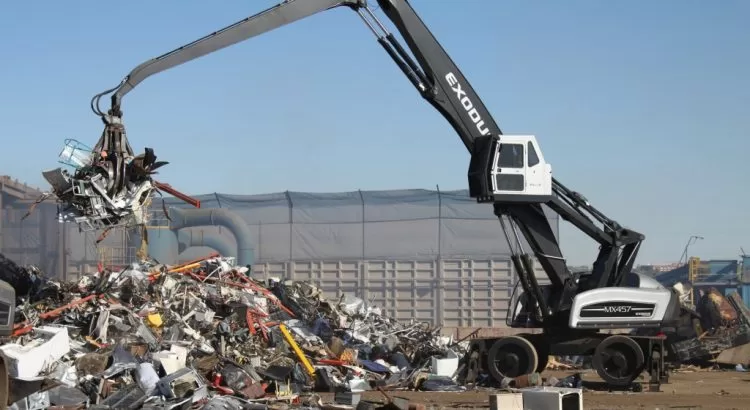

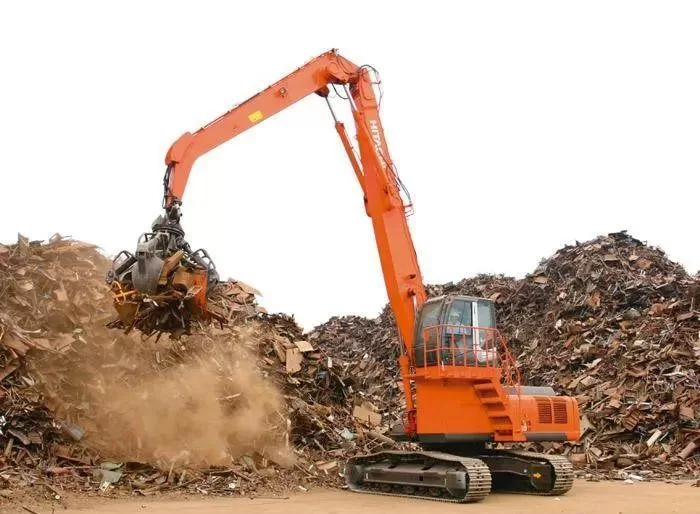
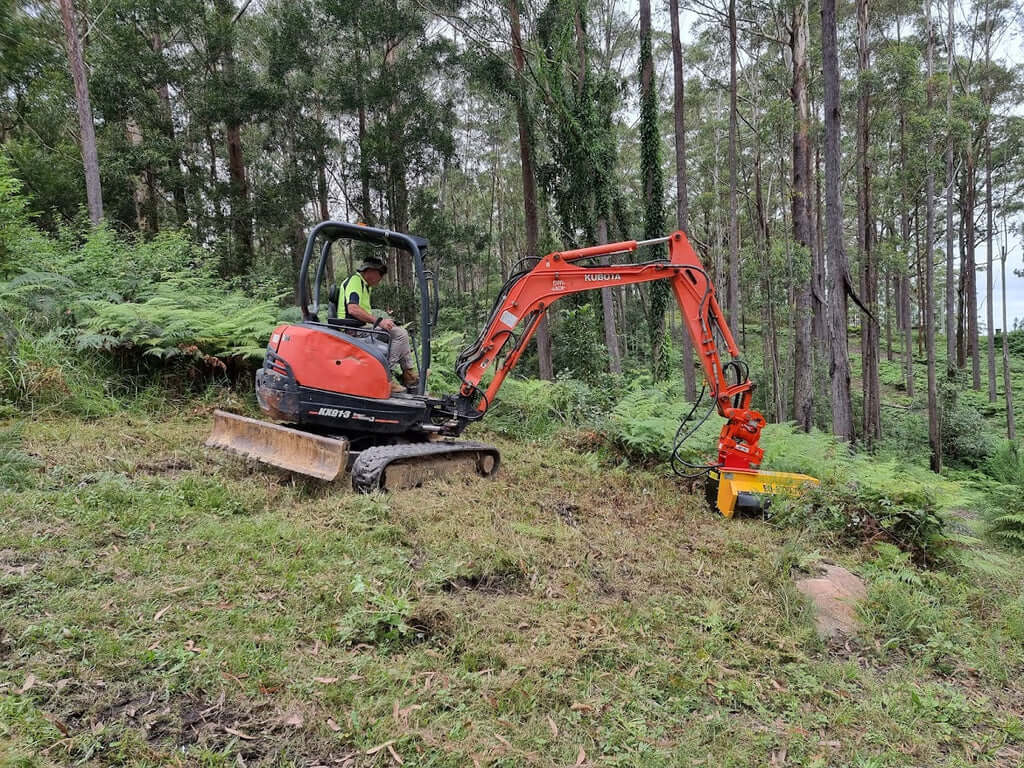
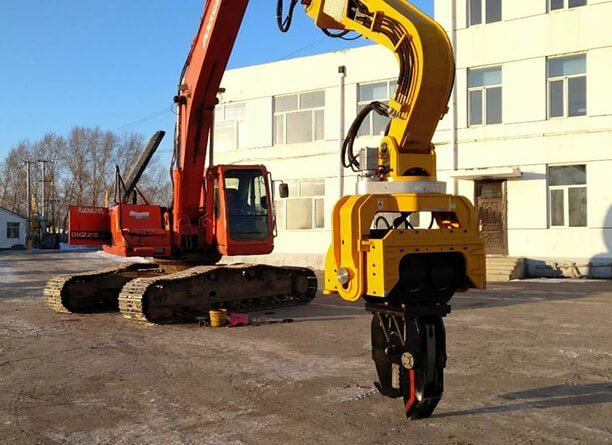
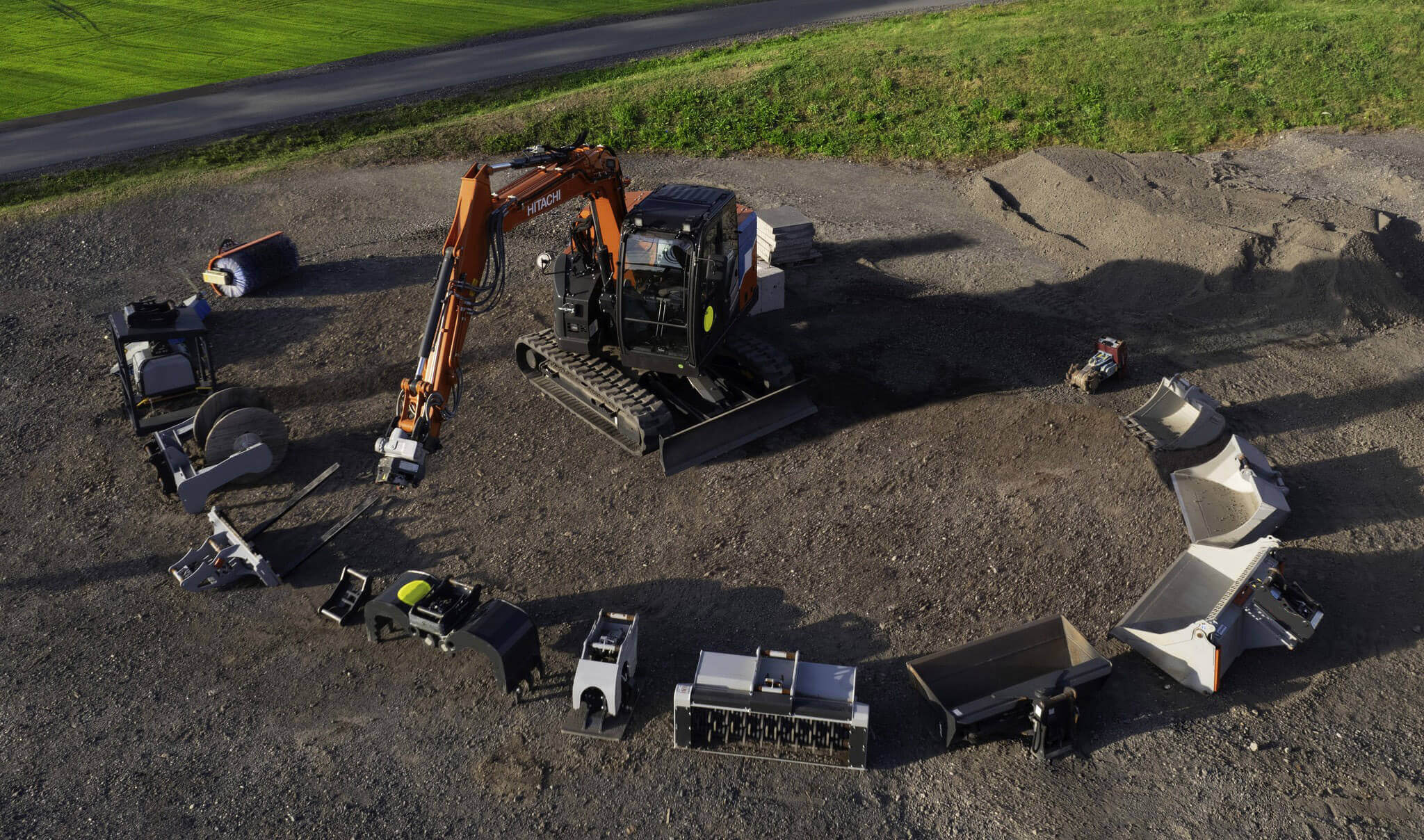
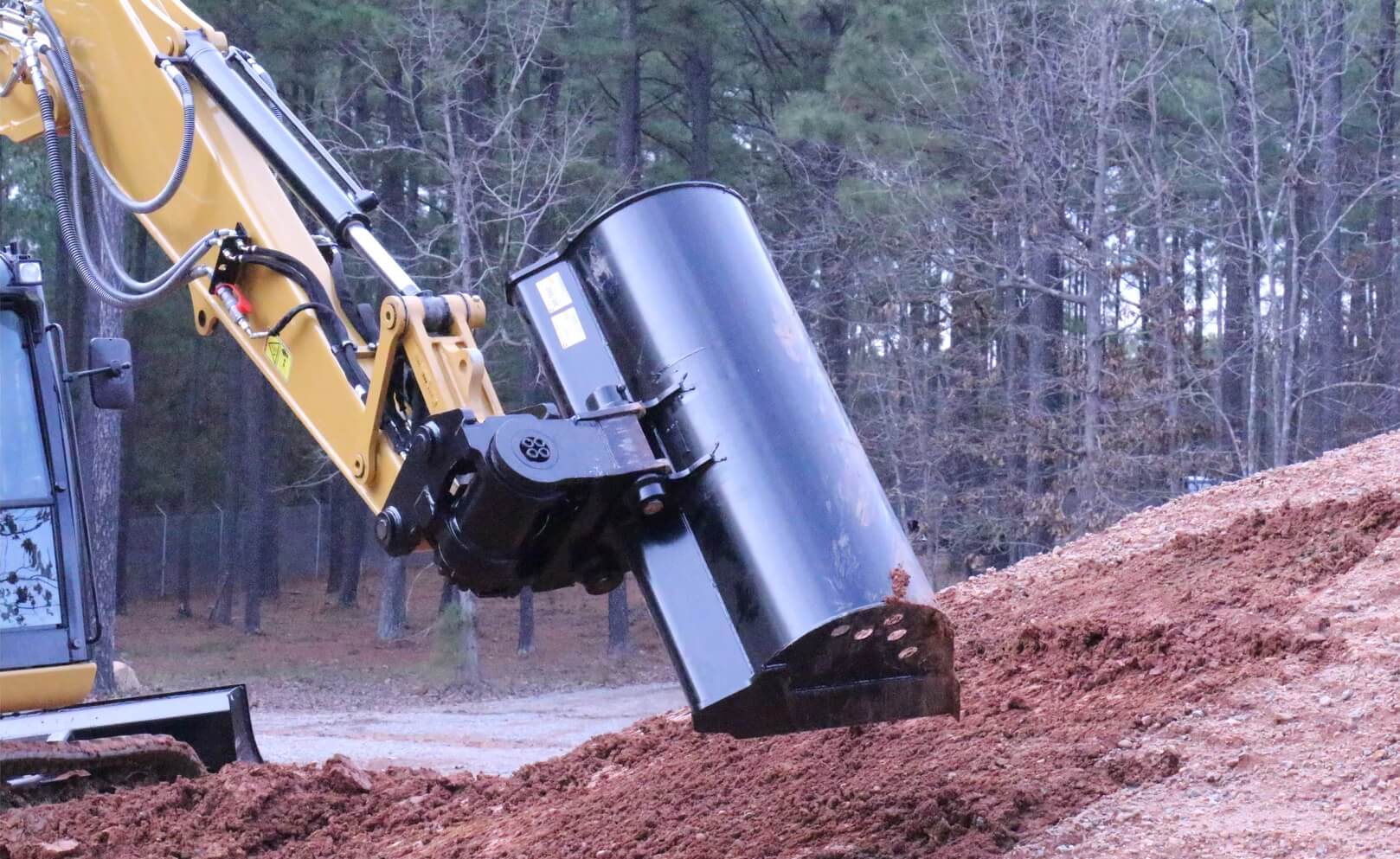
Leave A Comment